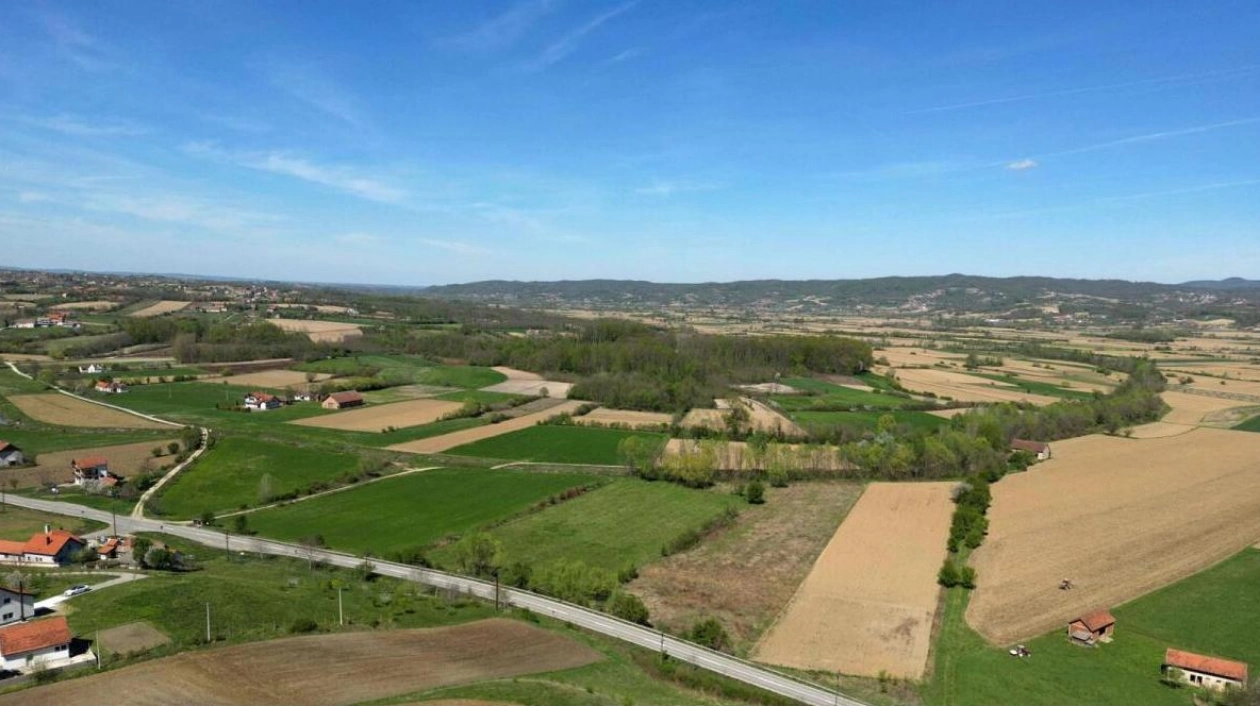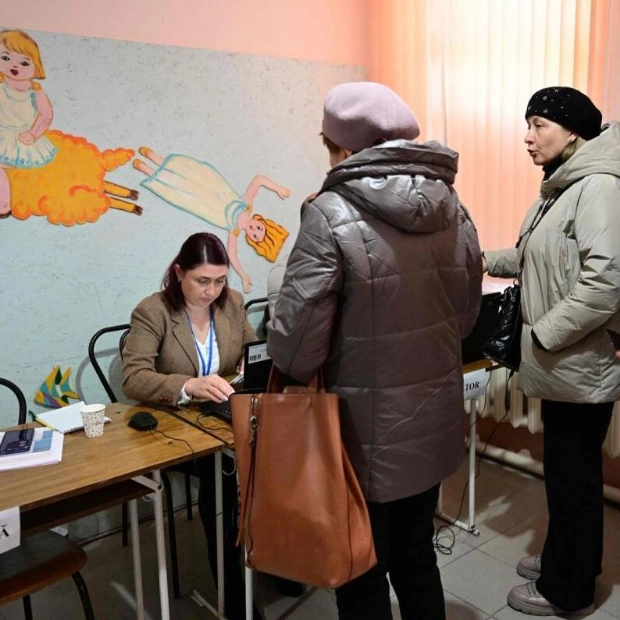On Tuesday, the Serbian government granted permission to resume operations at the contentious Rio Tinto lithium mining project, just days after a court decision reversed the suspension of the project.
"The government... takes measures to restore the legal order to the state that existed before the adoption of the regulation that was declared unconstitutional," the Serbian government stated in a published announcement.
This decision comes after the constitutional court's ruling last week, which declared that the 2022 government action to revoke permits granted to the Anglo-Australian mining giant was "not in line with the constitution and the law."
The fate of the extensive mineral deposits, to be mined by Rio Tinto near Loznica in western Serbia, has been a persistent political issue in the Balkan nation in recent years. It highlights the ongoing mistrust in the Serbian government versus Europe's ambitions for a more sustainable future.
The stakes are high, with billions of euros involved, as Rio Tinto claims the mine would create thousands of jobs and solidify Serbia's role in emerging energy markets. The company asserts that the region holds one of Europe's largest reserves of lithium, a strategically important metal essential for electric vehicle battery production.
The deposits were identified in 2004, but the Serbian government halted the mining project in 2022 following weeks of protests driven by environmental and public health concerns. President Aleksandar Vucic has suggested that Serbia might start mining lithium as early as 2028, contingent on new assurances from Rio Tinto.
"We believe that the mine would not endanger anyone or anything, but first we need to receive guarantees from Europe that the environment and the lives of ordinary citizens will be preserved and improved with new jobs and higher wages than today," Vucic stated on Monday.






